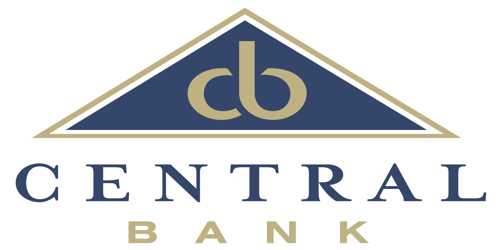Central Bank’s Functions as a government bank
Central bank is the main government-controlled bank in a country, which controls the financial affairs of the country by fixing main interest rates, issuing currency, supervising the commercial banks and controlling the foreign exchange rate
The development of this bank has made a revolutionary change in the banking sectors. To make a strong monetary system central bank has established. To regulate the money market and all commercial banks, the central bank is employed by the government. The Central bank is owned by government and work as a government bank. The functions of this bank as the government banks are given below:
Maintenance of Government fund: This bank works as the banker of government and thus it maintains the fund of government transfer fund and caretaker.
Receiving and Transferring of money: This bank receives and transfers money from different sources on behalf of the government. Transfer of money refers giving and supplying of money to different projects taken by the government.
Maintenance of Account: As a banker of government central bank maintains an account of different board, sector, ministry etc. and ensures clear accountancy.
Act as an agent and adviser of government: The bank gives advice to government in time of any economic decision making. Stability of value of currency, speed-up export, different development projects etc. is very important for a country. The Central bank works as an advisory board of government to implement such projects.
Implementation of Financial policies: This bank not only works as an advisory board but also helps in implementation of financial policies. Without the help of this bank governor cannot implement those policies.















